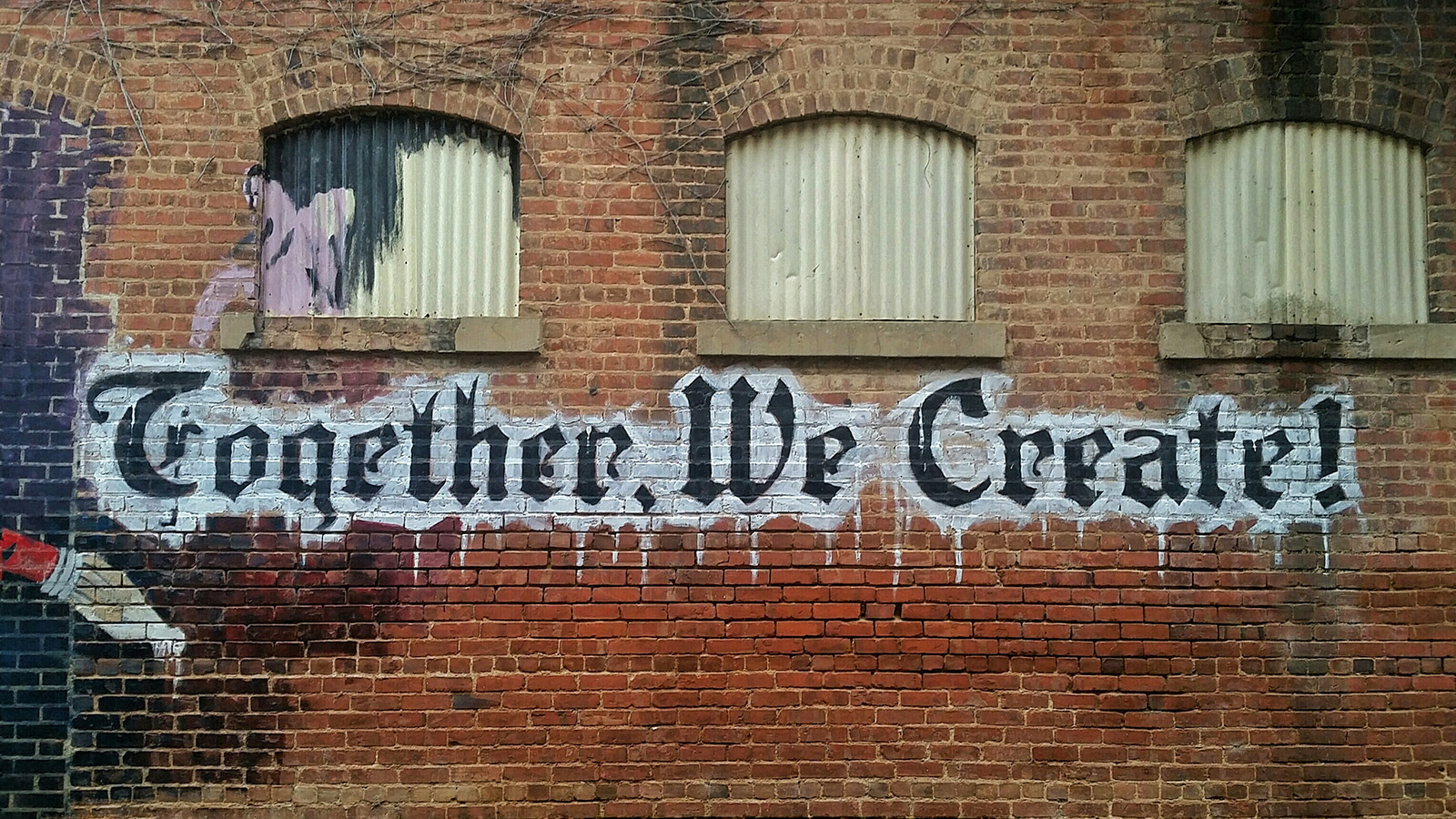Die Geschichte des Internet, obwohl relativ kurz, ist auch sehr umfassend und bunt. Als eine der zeitgenössischen Wissenschaften behandelt die Webwissenschaft diese im Zusammenhang mit vielen anderen Wissenschaften wie Soziologie, Technologie, Philosophie, Ökonomie und Recht. Aus ebensovielen Bereichen stammen mindestens genau so viele Arten es zu beschreiben…
„The speed with which information is communicated exceeds our capacity for reflection and judgement, and this does not make for more balanced and proper forms of self-expression“
– Pope Francis
„This is the most important principle of reading on the Internet: You must determine for yourself whether or not something is true.“
– Stephen Downes
„Das Net (Internet) ist Ordnung, es besteht aus Einzeldingen – den Knoten, die miteinander verbunden sind. Ein solches Netzwerk, das immer planmäßig konstruiert wird, folgt klaren Regeln, Vorschriften, Protokollen. Es kann und muss überwacht werden, es ermöglich Hierarchie, Ausrichtung und Kontrolle. Das Web, das Gewebe, benötigt und hat keine vorgeschriebene Ordnung, es wächst und verdickt sich je nachdem, wo neue Fäden entstehen und ins bestehende Netz eingeflochten werden (…) es wird nicht geplant oder konstruiert.“
– Jörg Friedrich
„Everything you put online is your professional face. …whatever you want that to be.“
– Noah Bradley
„I don’t have a lot of sympathy with people who say: ‚There’s so much rubbish on the web (…) if there’s so much rubbish, if it’s rubbish, don’t read it. Go read something else.“
– Tim Berners-Lee
„We are forming our own Social Contract (…) [Governments] legal concepts of property, expression, identity, movement, and context do not apply to us. (…) We will create a civilization of the Mind in Cyberspace. May it be more humane and fair than the world your governments have made before.“
– John Perry Barlow
„The Internet is the first thing that humanity has built that humanity doesn’t understand, the largest experiment in anarchy that we have ever had.“
– Eric Schmidt
„The average consumer does not know the difference between browser, Internet and search box.“
– Mitchell Baker
„The notion of the Internet as a force of political and social revolution is not a new one. As far back as the early 1990s, in the early days of the World Wide Web, there were technologists and writers arguing forcefully that the Internet was destined to become the most important tool for cultural change in human history.“
– Jamais Cascio
„The net is a waste of time… and that’s exactly what’s right about it.“
– William Gibson
„While you are destroying your mind watching the worthless, brain-rotting drivel on TV, we on the Internet are exchanging, freely and openly, the most uninhibited, intimate and, yes, shocking details about our „CONFIG.SYS“ settings.“
– Dave Barry
„Kommunizieren und Musikhören sind nach wie vor die häufigsten Netzaktivitäten, anspruchsvollere und innovative Praktiken – Bloggen, Recherchieren, Filme produzieren, Vorlesungen hören und kostenfreie Klassiker lesen – bleiben ein Minderheitenprogramm. Nicht einmal das, was man im Bildungskontext mittlerweile als Selbstverständlichkeit unterstellt, beherrschen sie in einem zufriedenstellenden Maße: Googeln.“
– Konrad Paul Liessmann
„Seit einiger Zeit macht deshalb der education hacker von sich reden, der sich aus dem Netz individuell alles zusammensucht, was er für seinen Bildungsgang für interessant und wichtig erachtet. Das Pathos des Neuen, ja Revolutionären, das solchen Konzepten selbstbestimmten Lernens anhaftet, ist allerdings nicht unbedingt angebracht.“
– Konrad Paul Liessmann
„Die (Schüler) kloppen bei Google ein Suchwort nach dem anderen einzeln rein, und dann geht es zappzappzapp: weg damit, taugt nichts, nächster Versuch. Sie sind blitzschnell im Verwerfen, manchmal auch guter Funde. Sie meinen sortieren zu können, nudeln aber einfach nur alles durch – sehr schnell, sehr hektisch, sehr oberflächlich. Und beim ersten Treffer, der ihnen halbwegs passabel erscheint, hören sie sofort auf.“
– Manfred Dworschak

Join the conversation